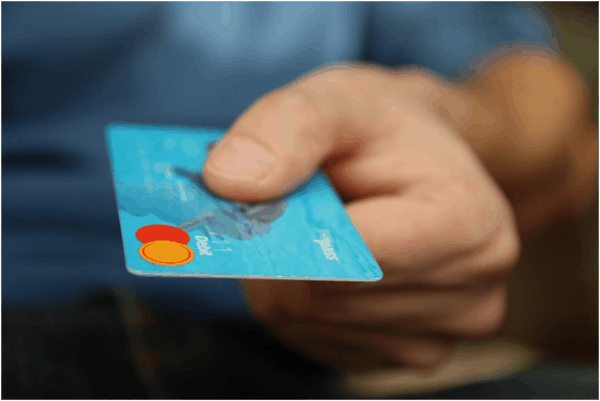The Ford Focus has been the UK’s most popular car for over a decade. Coming in at around £20,000 new and upwards of £5,000 used, buying a Focus outright is well out of reach for many Brits. Luckily, there are other routes to car ownership and car finance is one of the most realistic and affordable. But what if you have bad credit? Will this disqualify you from getting a car on finance? Before answering that question, we’ll cover the basics – financing isn’t the simplest of industries.

WHAT IS CAR FINANCE?
Car finance is when you use a loan to buy your car. After paying a deposit, you make fixed payments each month until you’ve repaid the total cost of the loan. The time period and monthly amount are agreed with a lender beforehand. The car is yours once the term is over. The beauty of financing is that it can change people’s lives by allowing them to access a car – something they would never be able to afford outright. If you meet the basic criteria, listed below, your credit score is usually the deciding factor in what sort of deal you can enter into.
- be 18 years or older,
- prove affordability,
- have lived in the UK for 3 years or more,
- have a full UK driving licence
as well as how much deposit you pay, how much the monthly payments are and how much you can borrow in total. That, of course, determines what type of car you can have or if you can have one at all. This also varies from lender to lender.
WHAT IS A CREDIT SCORE?
Your credit score comes from sources like banks and credit companies. It’s essentially a record of your debt history – how much you’ve borrowed, whether or not you paid it back and whether or not you did so on time. This history is used to create an overall score that gives lenders an indicator of how likely you are to repay future debts. This number will affect your ability to get a loan or get a car on finance. If your credit score is too poor, you may not be able to get a car on finance.
CAN I GET CAR FINANCE WITH A BAD CREDIT SCORE?
It’s still possible. There are bad credit car specialists that can help you secure a deal, even if you have a poor credit score. Even missed payments, defaults and CCJs, don’t disqualify you on their own. You just have to prove that you can honour your car finance payments going forward. The larger deposit you put down, the easier this is. Some lenders offer guarantor finance which means that a friend, partner or family member agrees to fulfil your payments, in the event that you miss them.
WHAT LEADS TO BAD CREDIT?
First of all, it’s a good idea to check your score. You can do that quickly and simply online with tools like Clear Score and Experian. The items on the list below are the major negative factors when it comes to bad credit. If you’re planning to finance a car or get a loan, avoid them.
- Late or missed payments – Although you’ll usually still be able to get a car loan, making late payments or missing them completely lowers your credit score.
- Defaults – This happens when your missed or late payments mean you are unable to meet the legal obligations of your finance agreement. Defaults remain on your record for 6 years. You will, however, still be able to get a loan or car finance deal from some lenders.
- County Court Judgements (CCJs) – This happens when you have failed to keep up with payments. It allows debt collectors to come to your front door. Again, you can still apply for car finance even if you have a CCJ.
- Bankruptcy – Unfortunately, you’ll be unable to get a car finance deal if you’re bankrupt. Bankruptcy means you are officially unable to pay back your debts. This is the worst-case situation and even a specialist can’t help you get a car loan.
It’s clear that bad credit does not stop you from getting a car on finance but you should still avoid it. Having a better score will likely make the process run more smoothly and you might even be able to secure a better car. It’s sometimes a good idea to improve your credit score before you start looking for a deal. You can do this by avoiding the list above and continuing to fulfil all of your financial obligations. Registering as a voter and getting a credit card (make sure you can pay the bills first) are two simple ways to improve your credit rating.
 Gearfuse Technology, Science, Culture & More
Gearfuse Technology, Science, Culture & More


